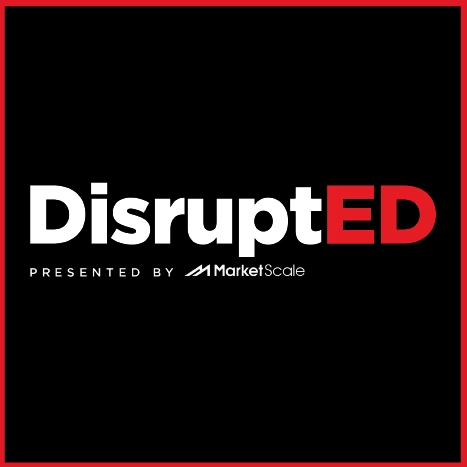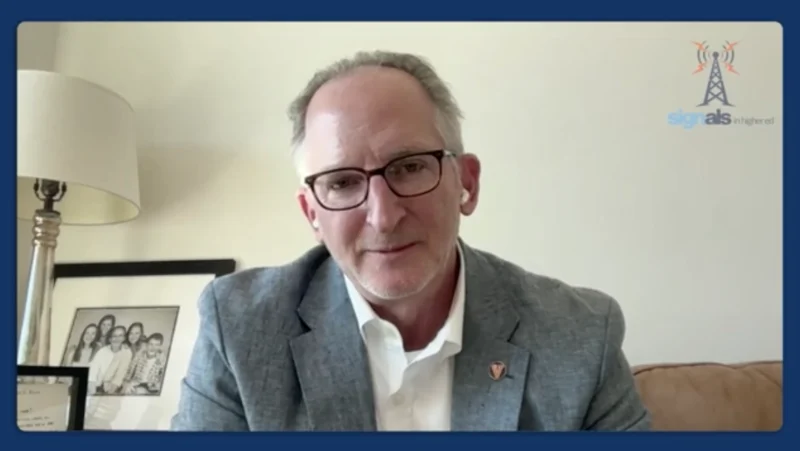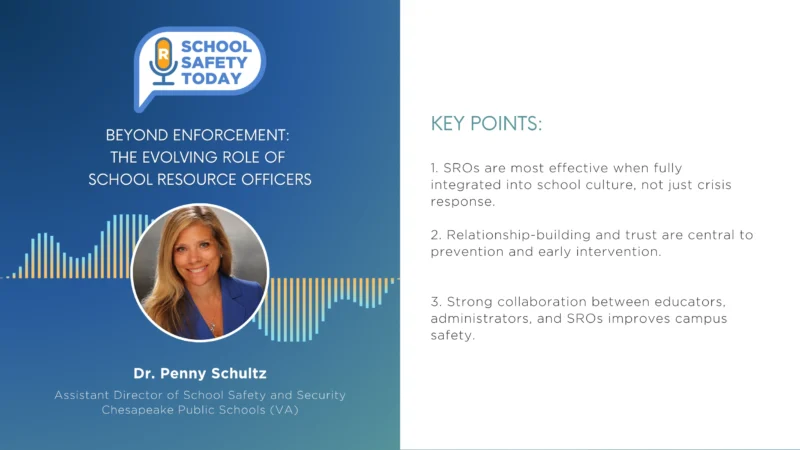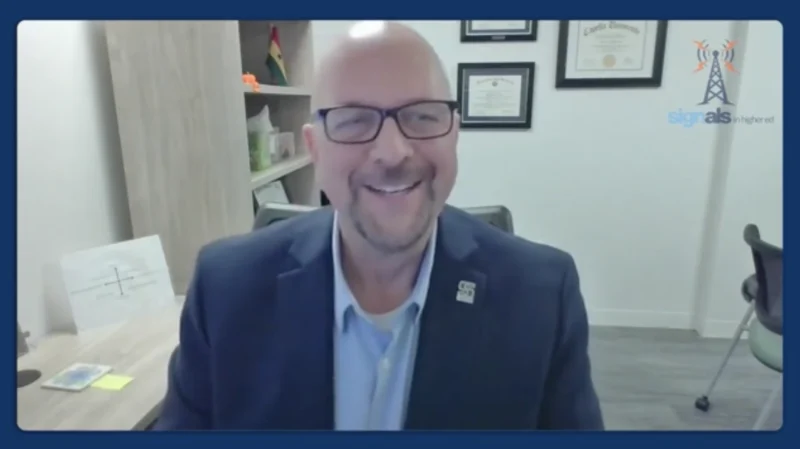The Future of Higher Ed? Mass Experiential Learning That Delivers Durable Skills
Higher education is at a turning point. As employers demand more than technical proficiency, schools are being challenged to equip students with durable skills like collaboration, communication, and critical thinking. Traditional classroom models often fall short of this need. This shift has fueled growing interest in mass experiential learning as a way to prepare students for real-world challenges at scale. According to a recent survey by the National Association of Colleges and Employers (NACE), college graduates who engaged in experiential learning realize multiple early-career benefits, including higher salaries and greater career satisfaction.
So, how can institutions deliver transformative, skill-building experiences without sacrificing accessibility, affordability, or academic rigor?
Welcome to DisruptEd. In this episode, guest host Darin Francis speaks to Alana Heath, Co-founder and COO of How to Change the World, at the ASU+GSV Summit. Heath outlines how her organization delivers large-scale, interdisciplinary experiential learning using a custom-built technology platform—and how it’s changing what’s possible in higher education.
Key themes from the episode include:
-
Scalable experiential learning: How pairing pedagogy with custom-built tech enables meaningful, global, cross-disciplinary learning experiences at scale, advancing the potential of mass experiential learning.
-
Educator empowerment: Why professional development through their educator fellowship ensures schools can integrate and sustain experiential learning.
-
Skills that matter: How structured peer-to-peer interaction fosters teamwork, problem-solving, and adaptability—skills employers are actively seeking.




